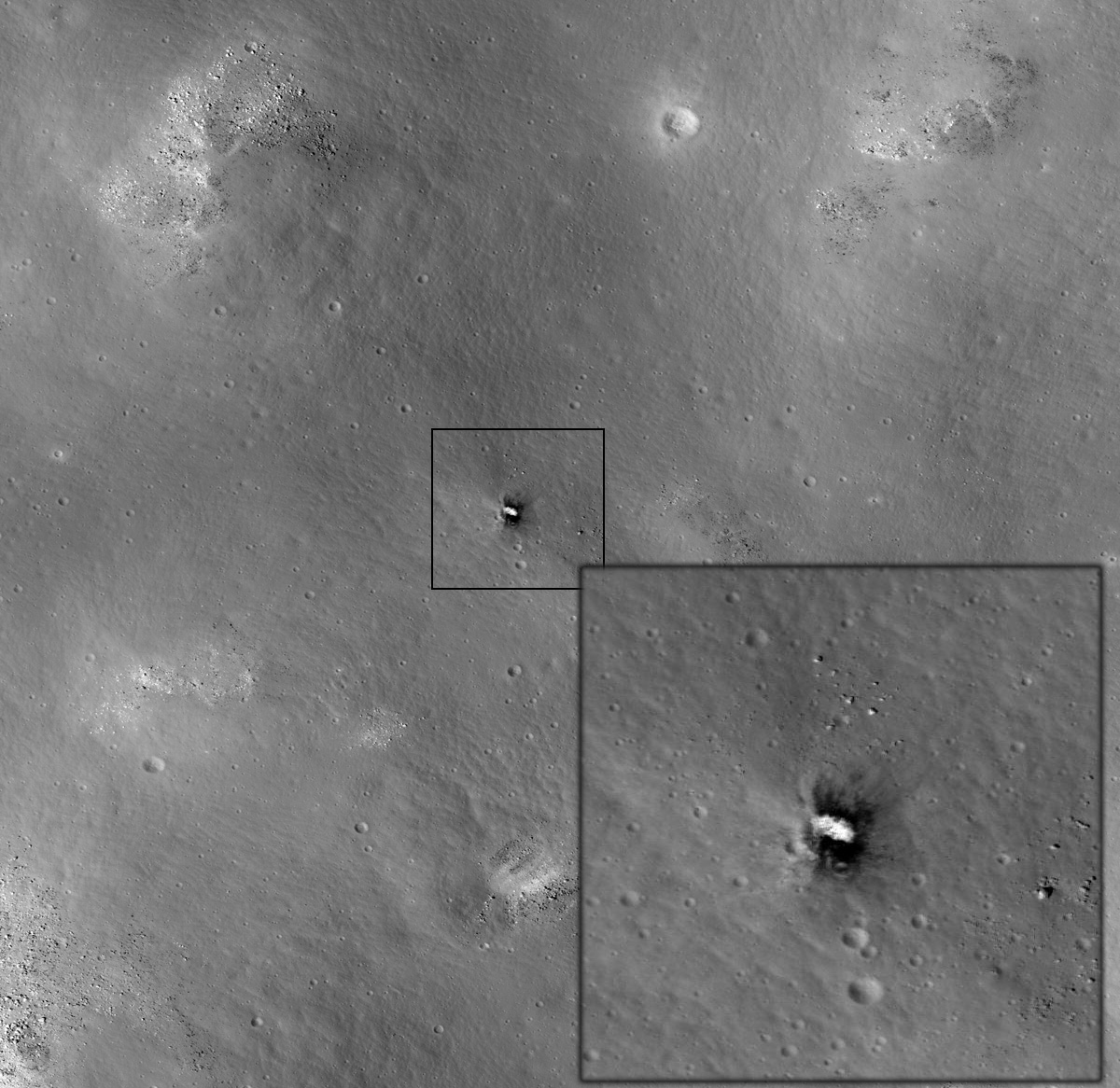Difference between revisions of "October 11, 2012"
| Line 16: | Line 16: | ||
<br /> | <br /> | ||
<hr /> | <hr /> | ||
| + | <!-- Removed reference to store page --> | ||
| + | </div> | ||
| + | ---- | ||
| + | ===COMMENTS?=== | ||
| + | Register, and click on the <b>Discussion</b> tab at the top of the page. | ||
| + | <hr> | ||
| + | You can support LPOD when you buy any book from Amazon thru [[Support_ LPOD|LPOD]]! | ||
| + | <span style="font-size:88%"> | ||
| + | <center> | ||
| + | Contributions to http://www2.lpod.org/ are licensed under a Creative Commons Attribution No-Derivative-Works Non-Commercial 3.0 License. [http://www.creativecommons.org/licenses/by-nc-nd/3.0 http://www.wikispaces.com/i/creativecommons/by-nc-nd_3.0_80x15.png]<br> | ||
| + | </center> | ||
| + | </span> | ||
Revision as of 19:14, 31 January 2015
Fly Swat

image by LRO-NAC M127259935RC Mount Hansteen
I was looking at a NAC image from a section of Mount Hansteen that was downloaded some time ago, but I had not examined in any detail (and have yet to look more carefully at it still), but this interesting black crater (if that is what it is?) caught my eye. Anyone have an explaination as to why it could have excavated such black material from otherwise bright mantle deposits? The only explainations I can think of is there are some pyroclastics beneath the surface, or the impactor itself was composed of dark material. But really at a loss to explain it.
Maurice Collins
Technical Details
NAC image M127259935RC
Rükl plate 40
COMMENTS?
Register, and click on the Discussion tab at the top of the page.
You can support LPOD when you buy any book from Amazon thru LPOD!
Contributions to http://www2.lpod.org/ are licensed under a Creative Commons Attribution No-Derivative-Works Non-Commercial 3.0 License. 



